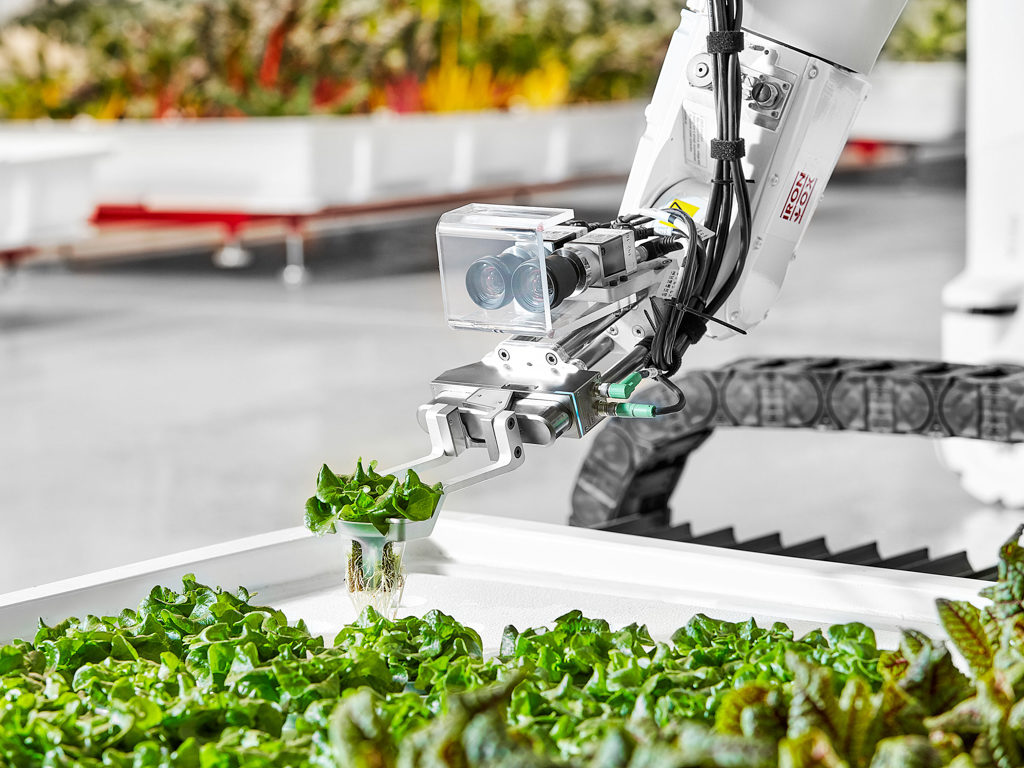4 Mins Read
According to a new report titled “Global Consumer Trends 2030” by global market research agency Mintel, there will be 7 major social and tech trends that shape consumer decisions in the 2020s. The anticipated trends include wellbeing, surroundings, technology, rights, value, identity and experiences.
These predictions follow other separate reports that have similarly highlighted the growing popularity and demand from consumers for businesses that are purpose-driven, whether it be through tech solutions to climate change or wellness-oriented personal growth experiences. Most of these trends have been driven by our escalating climate crisis, which is putting on the table a whole host of new concerns around limited resources, health risks and the threat of climate induced disasters and extreme weather patterns. Below we highlight the seven trends identified in the consumer report.
Wellness Boom Will Continue & Become About Personalisation

According to Gabrielle Lieberman, the director Trends & Social Media Research at Mintel US, we are poised to see brands focused on wellness continue to gain in popularity within the next 10 years. More specifically, we’re likely to see brands that take a “holistic approach” to wellness reap consumer dollar rewards, especially those who are able to present individualised, personalised solutions. The growth in self-care, fitness, health and wellness – all trends that are increasingly important to Asian consumers in particular, has fuelled a universal commitment to the pursuit of wellbeing. Lieberman adds that the “one-size-fits-all” approach will lose value in the coming years, chiefly among consumers outside of the mass market.
Digital Nomadism Will Become Mainstream
Due to our escalating climate emergency and the devastating impacts that we’re already seeing here in Asia and around the world, consumers – dominated by the eco-conscious younger generation -are becoming more attuned to resource use. Greater social tensions as competition and strain for resources such as water and food will force people to reduce their consumption, especially since the prices of basic needs will rise with demand. With the help of technologies and digital communications, consumers more than ever will become “digital nomads”.
VR & AR Will Disrupt Tourism & Entertainment

Mintel’s analysts anticipate that mobile and digital technology will “blur the lines” between time, travel, location, work and leisure within the next decade. Within this sector, we’re looking at growth in the virtual and augmented reality (VR/AR) industry, which will change the way tourism and entertainment businesses operate. Pushing back against the technological tide, however, will be consumers, who will demand the return of more “human” interactions – which explains the recent moves by some tech giants, such as Google’s paper iPhone. Mintel also predicts that due to climate concerns, a great portion of tech will be focused on creating solutions for climate change impacts and other ecological problems such as food insecurity and develop climate mitigation and displacement measures.
Get Ready For Cancel Culture
As we have already seen in recent years, consumers are more empowered to call out brands for unethical practices, which will instigate more changes from the targeted businesses. Following a Break Free From Plastic report on plastic ocean pollution, Coca-Cola has launched a series of green campaigns and Lululemon is launching an investigation after reports surfaced of human rights abuses involved in manufacturing sites. The Mintel report suggests that more of this “cancel culture” will be happening in the next decade.
The Pursuit Of Personal Growth Will Become Universal
While people are arguably more connected to each other than ever, thanks to social media and digital technologies, feelings of loneliness and isolation keep growing and will reach an all-time high by 2030. Mintel expects that brands and companies will try and capture this market by focusing their energies into coming up with solutions that help consumers with their identity, such as offering products that are hobby and interest based and oriented around personal growth. This trend is already appearing across Asia, with a new HSBC Jade report finding that over 74% of the elite Chinese class preferring individual growth and making a positive impact on earth over wealth.
Experience-Driven Lives Will Overtake Consumerist Culture

Although there is already a growing demand for stimulation and experience-based services, consumers will be increasingly looking to these products and services that offer a connection. Much of it is linked to the growth in self-care and awareness – especially among citydwellers that are often highly stressed and overworked – which will push people to “make more mindful decisions about what to do with their time.”
Brands Will Be Judged On Their Social & Environmental Record
Again, with climate change posing the single greatest threat to our planet today, consumers will be changing their tastes and consumption habits and will be spending their dollars on those companies that are environmentally mindful and ethical. Demonstrative of this pattern already being underway, a recent New York University study by the Center of Sustainable Business (CSB) found that shoppers are purchasing more sustainability-marketed products across the entire board of product categories. The Mintel analysis says that over the next 10 years, consumers will take a slower, minimal approach to spending, and will prize products for durability and functionality over material “stuff”.
Lead image courtesy of Hero Images / Getty Images.




